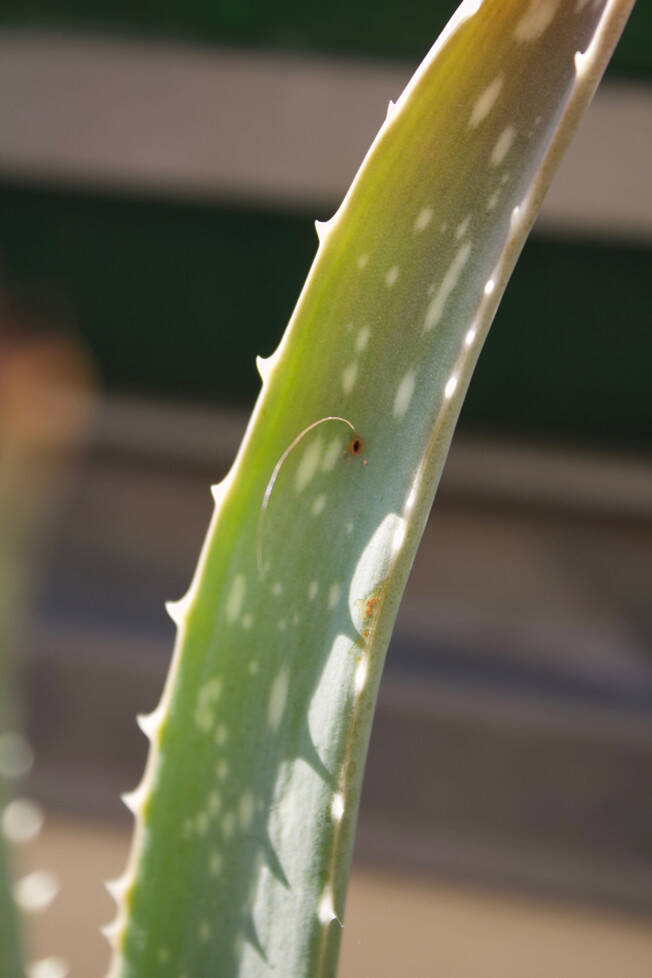
Transplantation, 2022, P.M.S. FILOART, Balcony experiment, Berlin
The transplantation of a human hair onto a leaf of the Aloe Vera plant represents an unconventional union between human and plant life. This curious practice has the potential to broaden our comprehension of the natural world and uncover new insights into the enigmas of existence.
Transplantation (from Latin trans- ‚trans‘ and plantare ‘to plant’)
The hair was implanted into the leaf of the Aloe Vera plant with the utmost precision and care. The process began with the preparation of the leaf, cutting a small hole to make room for the hair. Then the hair was taken from a person and carefully implanted into the hole.
While the hair develops on the leaf of the aloe vera plant, no negative effects on the plant or the hair are observed. In fact, the hair seems to thrive in this environment and establish a synergistic relationship with its new environment.
This experiment could raise questions about the boundaries between living organisms, and prompt reflection on the interconnectedness of all forms of life. It could also encourage us to think about our role as humans in the natural world, and the ethical considerations involved in manipulating the environment for our own purposes. Additionally, this experiment could be seen as an example of the human desire to explore and experiment with the unknown, and the pursuit of knowledge and understanding of the world around us. While this experiment may not have practical scientific applications, it could stimulate philosophical contemplation and debate about our relationship with nature and the boundaries between different forms of life.
This transplantation raises the question of where the “I” is located, whether the hair is still part of the human body or whether it has now become part of the plant. Where exactly does the human “I” begin and where does it end? This transplant can thus also stimulate reflection and make us question our understanding of identity and individuality.
The ambiguity surrounding the hair’s ownership illustrates the complexities of our sense of self and how even small changes can have significant implications for our identity.
P.M.S. FILOART 2022
____________________________
The process of implanting human skin appendages into a plant could be referred to as “plant tissue engineering” or “plant-based biotechnology.” This involves using the plant as a living scaffold or platform to support the growth and development of the human tissue. Another term that could be used is “xenotransplantation,” which refers to the transplantation of cells, tissues, or organs between different species. In this case, the human skin appendages are being transplanted into a plant, which is a different species from humans.
Transplantation of human hair on Aloe Vera leave, 2022, Balcony, Berlin
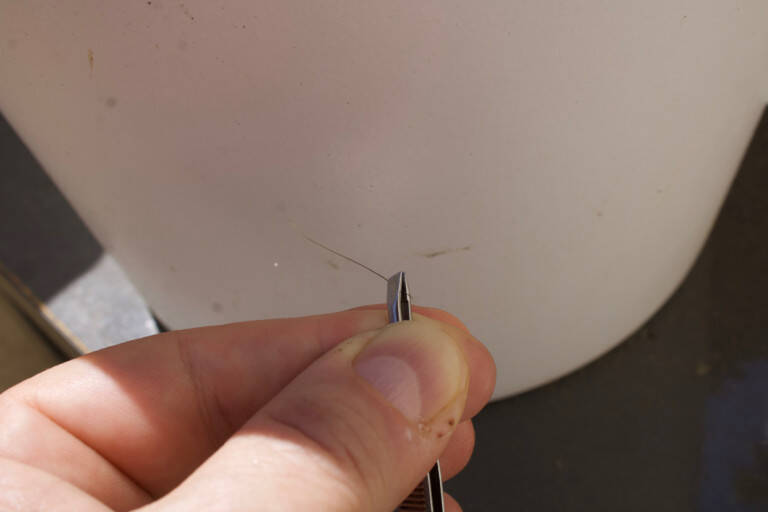
Freshly plucked eyebrows
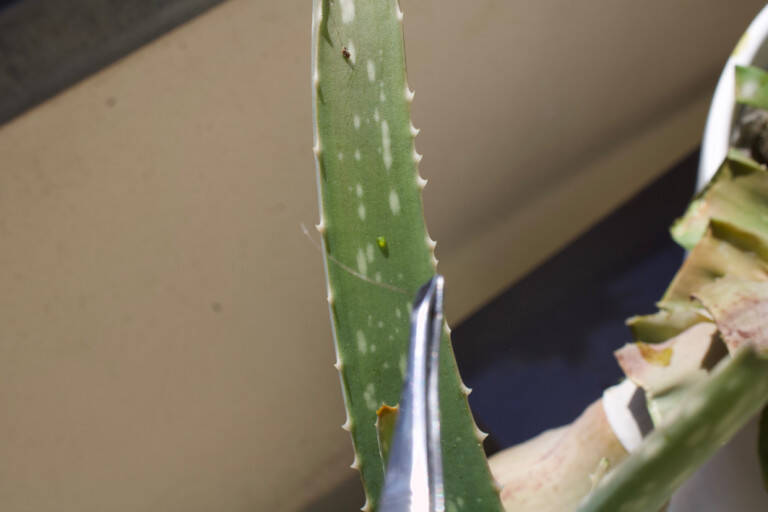
Opening a small hole on aloe vera plant
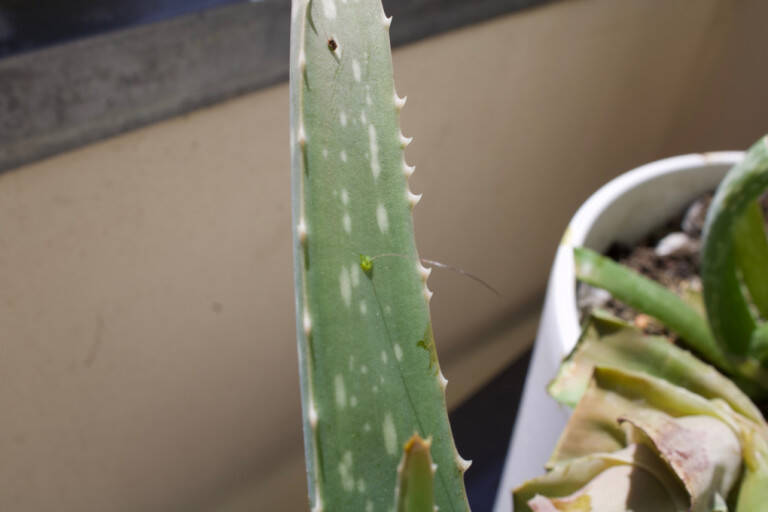
Implanting the hair
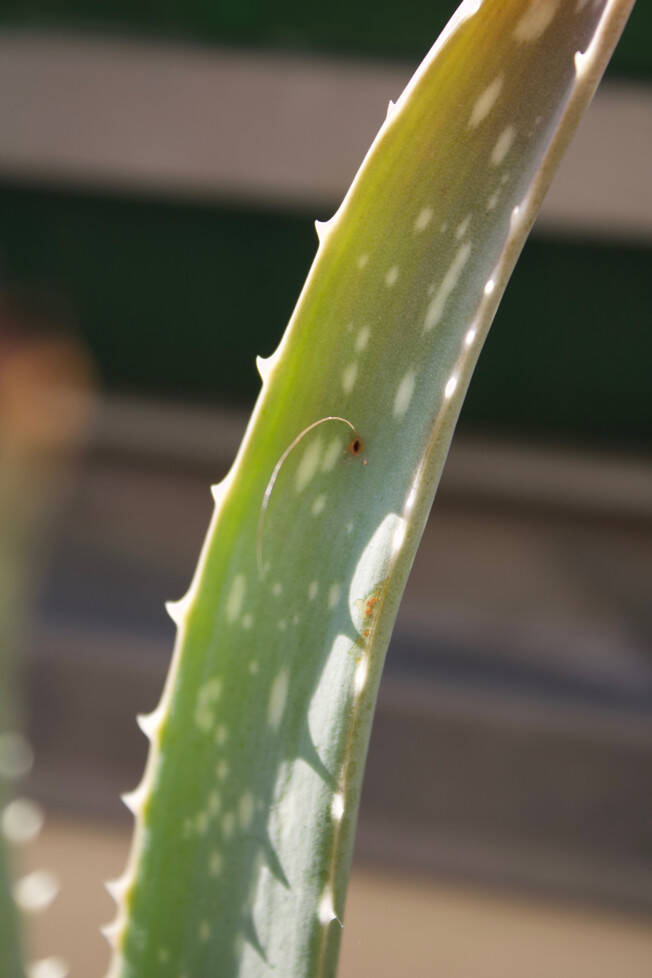
Human hair transplanted in Aloe Vera plant, four month old